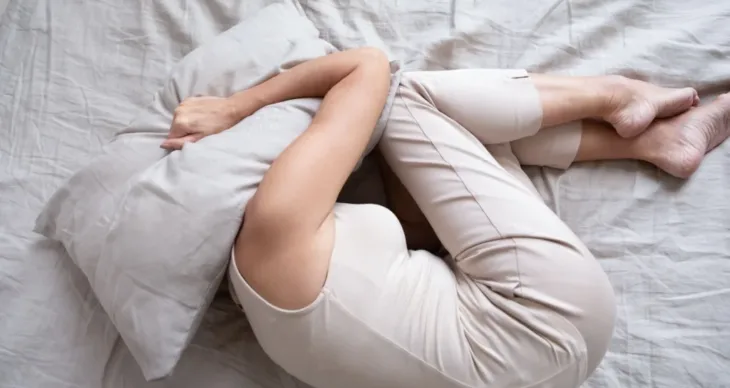Do you know about the crucial role of sleep in mental health? It’s more important than you might realize. In this slideshow, we’ll explore the intricate relationship between sleep and mental well-being and provide practical tips for better sleep hygiene.
Sleep is not just a period of rest for the body; it’s a fundamental component of overall health. During sleep, our brain undergoes essential processes that influence our mood, cognitive function, and emotional stability. Poor sleep can exacerbate mental health issues such as anxiety and depression, while good sleep can significantly improve mental well-being.
What exactly happens in the time between our heads hit the pillow and our alarm clocks wake us up? Believe it or not, it’s one of the most important parts of our day!
When we sleep, our brain processes emotions and experiences from the day. This processing helps to regulate mood and stress levels.
Lack of sleep can disrupt this process, leading to heightened emotional reactivity and difficulty managing stress. Chronic sleep deprivation has been linked to increased risks of developing mental health disorders such as depression, anxiety, and bipolar disorder.
The Science Behind Sleep and Mental Health
Research has shown that sleep disturbances can trigger the onset of mental health issues. For example, individuals with insomnia are more likely to develop depression and anxiety than those with healthy sleep patterns.
Conversely, treating sleep disorders can alleviate symptoms of mental health conditions, highlighting the bidirectional relationship between sleep and mental health. So, if you’re struggling with poor sleep habits and noticing the consequences during the day, it might be in your best interest to address it.
Common Sleep Disorders and Their Impact
Sleep disorders such as insomnia, sleep apnea, and restless leg syndrome can severely impact mental health. Insomnia, characterized by difficulty falling or staying asleep, can lead to persistent feelings of fatigue and irritability.
Sleep apnea, where breathing repeatedly stops and starts, can cause excessive daytime sleepiness and mood swings. Restless leg syndrome, marked by an uncontrollable urge to move the legs, can disrupt sleep and contribute to stress and anxiety.
Strategies for Better Sleep Hygiene
Improving sleep hygiene involves adopting habits that promote consistent, quality sleep. Simple changes like establishing a regular sleep schedule, creating a relaxing bedtime routine, and optimizing your sleep environment can make a significant difference.
Limiting caffeine and screen time before bed can also help improve sleep quality. The same can be said for alcohol, which many people wrongly believe actually helps. It can make you more restless and prevent you from getting a restful night of sleep.
By understanding the connection between sleep and mental health, we can take proactive steps to improve our sleep hygiene, ultimately enhancing our overall well-being. In the following slides, we’ll delve deeper into specific strategies for better sleep hygiene and how to implement them in your daily life.
By Admin –
